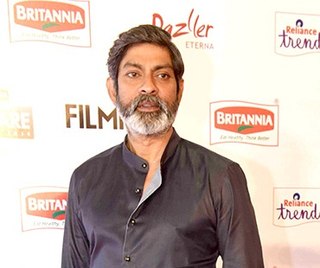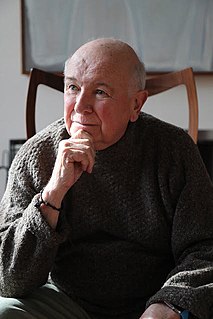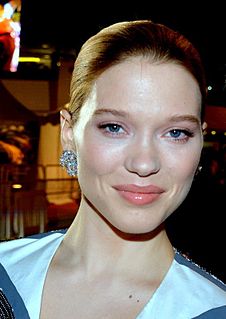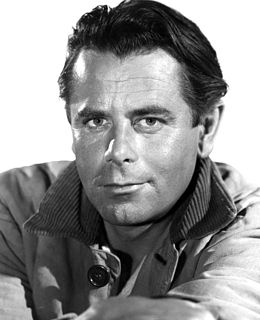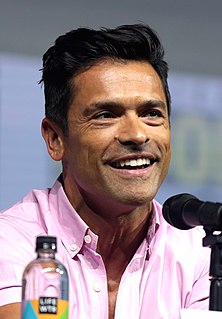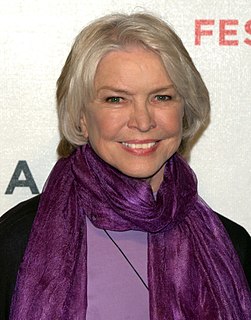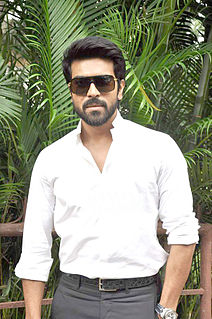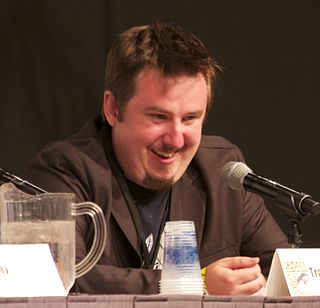A Quote by Jagapathi Babu
A good director will always identify the actor whom he wants to work with.
Related Quotes
With a director it's all about the work; I'd work with a great director over - you know, I'm not the kind of actor who that doesn't go, 'I want to play this role.' It's more like, 'I want to work with this director,' regardless of what the role is because if it's a good director, you'll probably find a good role because it's a decent film. But a mediocre director will always make a mediocre movie.
Work with good directors. Without them your play is doomed. At the time of my first play, I thought a good director was someone who liked my play. I was rudely awakened from that fantasy when he directed it as if he loathed it. . . . Work with good actors. A good actor hears the way you (and no one else) write. A good actor makes rewrites easy. A good actor tells you things about your play you didn't know.
There are some scenes that you have to lose in order to win something at the end. A good director will keep pointing you that way, but it is also your job as an actor to understand that there are scenes that you do, particularly when you are the lead, where other people get to come in and steal and you have to let them. I understand that but a good director always reminds you where those moments are.
Any good director creates a playground. That's what they do. They hire the right actor, open the door and let them play because stuff will happen, right then and there. The audience wants to believe that what's going on is happening for the first time, ever. That's what acting is. That's what good scene writing is.
My job as an actor is to try to do what the director wants me to do. I'm going to do everything I can to incorporate that note and make it work. If it doesn't work, I'll try this kind of thing, and "How do you feel about that?" If you are at odds with the director, neither one of you is going to get anywhere. You really do have to be able to make both of you happy. Even when I was younger, there were times when you have to find a way to make it work for both of you.
I love the variety of films. In theater, you go into a room and the director runs the room, so you all work to his or her method. On film, if an actor or an actress is in for a day or two, the director has to get out of that actor what they need, so they have to change and adapt to that actor's technique.
